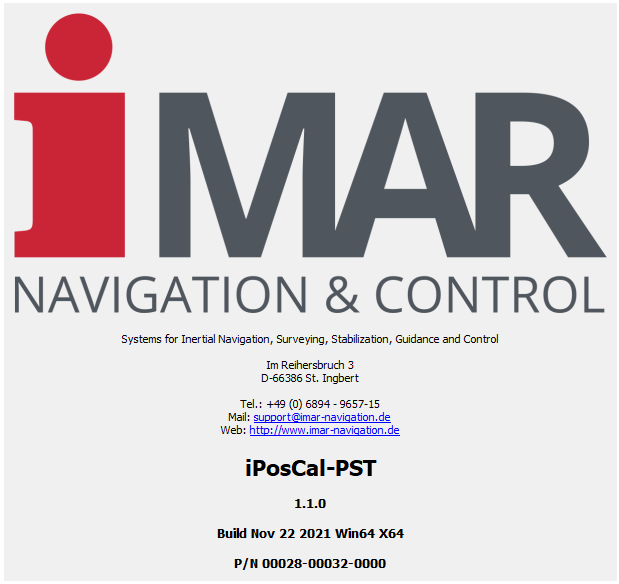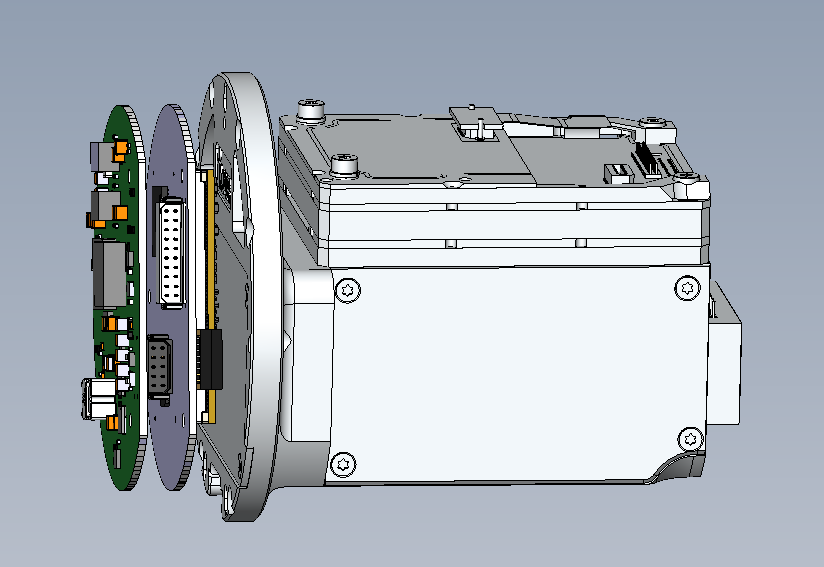iPST Gyro based inertial Pipeline Surveying System
Inertial Solution for Surveying Pipelines (Hardware Tool and Surveying Software)
For maintenance purposes pipelines have to be checked on a regular basis with the help of inspection tools searching for damage such as deformation, corrosion or leaks. During this inspection it is especially important to determine the exact location of the inspection tools in the pipeline, as this can significantly reduce the scope of necessary repairs. Inaccurate location of the damage can make it necessary to clear a large area of the pipeline, resulting in much higher repair costs.
With the help of Inertial Navigation Technology the position of a pipeline inspection tool in a pipeline can be exactly determined. To achieve this, the inspection tool is coupled with an inertial Pipeline Surveying Tool (iPST) consisting of three gyroscopes, three accelerometers, odometers and an electronic device for signal processing. The gyroscopes are used to determine attitude and heading of the iPST. The accelerometers and the odometers are used to determine the translational motions. All data are processed using a filter which also permits additionally available external aiding information for data processing.
The iPST-FMS contains fiber optical gyros of class 1 deg/hr. The diameter and length depends on the environmental conditions. The accelerometers used have 5 g range and 10 µg resolution.
Technical Data of iPST-FMS (brief):
- iPST-FMS-E with three fiber optic gyroscopes
- range +/- 400 deg/s, bias 1°/h
- ARW 0.1°/, linearity 300 ppm
- three servo accelerometers (range +/- 5 g, resolution 10 µg, bias 2 mg)
- Size: Ø 120 mm, L 380 mm (other on request)
- connection for up to 3 odometers
- internal data storage for up to 128 GByte available
- accuracy: < 1...2 m over 1...2 km aiding
- postproc calculation of navigation results
Comparable systems are available based on higher performance ring-laser gyros (iPST-RQH).
The post-processing software iPosCAL-PST is available for operators and maintenance organizations of pipelines to process the acquired inertial / odometer / marker data and to obtain the required trajectories.
Weitere Informationen
Im Download-Bereich findet man Handbücher, Berichte von Anwendern und weitere Informationen.



